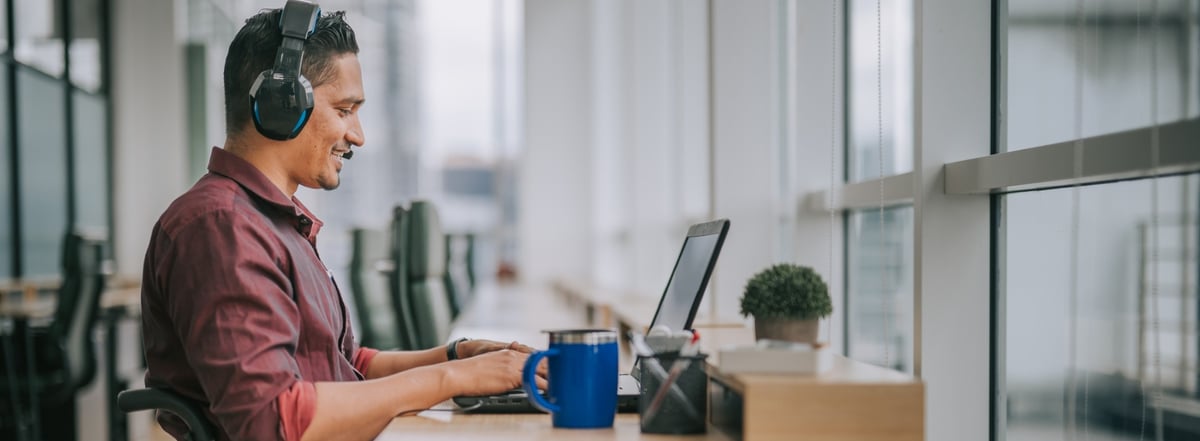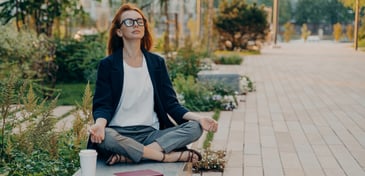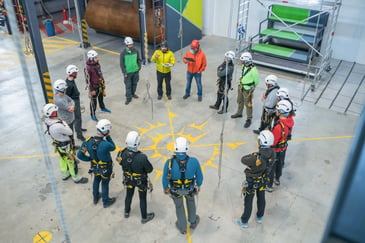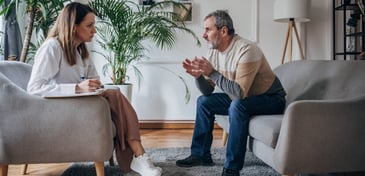A physical disability can be devastating and limiting, but it doesn’t need to be. While there are challenges, there are also a number of ways to adapt and adjust.
A physical disability can be devastating. It can be limiting in many different ways - not just physically, but mentally and socially. It’s a lot to cope with.
The Challenges of Everyday Living
Depending on what your physical disability is, simple tasks you once took for granted may now be challenging. Personal care and basic everyday living can be difficult with a disability. You may need help from family and friends or a professional carer to complete some of the tasks you can no longer do. For many people, it can be hard to accept help, even from close friends and family, but assistance can make a big difference to your quality of life. It takes time and patience to re-learn how to do chores such as preparing meals and doing the washing.
If you need paid care, speak to Altius Group about organising a carer or allied health assistant through the NDIS.
Stay Engaged
While you’re coming to terms with your recovery and understanding what your new physical disability is like, it’s understandable if you want to shut yourself off from the rest of society, but it’s important to stay connected. Find out if there are activities you can do in your local community, such as visiting a hydrotherapy pool or taking up a new hobby to keep busy. Stay in touch with friends and family and leave the house and socialise when it’s possible. Staying connected helps you stay healthy mentally which also helps with physical health.
Look for Ways to Stay Active
A physical disability means physical activity can be more difficult. While you may not be able to do the sport and exercise you enjoyed pre-injury, there are many ways you can stay active. For most people with a life-changing injury, physical therapy is part of their rehabilitation, but once that stage is over, some give up on physical activity. However, it’s important to keep up your activity levels.
Some exercise each day keeps the blood circulating and increases your heart rate to help protect your heart health. Exercise can stop muscles wasting and helps keep joints supple.
A sedentary lifestyle is not only bad for your general physical health, it also takes its toll on your mental health. When we exercise our brain releases serotonin, a chemical messenger that acts as a mood stabiliser. Being active also gives you an opportunity to meet new people or to catch up with family or friends. If you’re not working, boredom and loneliness can set in quickly. Having a routine that includes multiple stints of exercise each week can give you a reason to leave the house.
Exercise for People with a Physical Disability
Many people with mobility issues enjoy exercising in the water because it reduces the risk of muscle and joint discomfort. Some people do part of their rehab in the pool so it’s familiar to them. Along with swimming, there’s water aerobics, aqua walking and aqua jogging. Other forms of exercise include walking, stretching, dancing and gym work.
Ask for Advice on Exercising
If you aren’t sure what exercise you can do or what will have the most benefit, arrange for an assessment by a physical therapist or exercise physiologist. They can recommend exercises that are ideal for working on areas of the body that need building up and suggesting activities that are least likely to cause further injury.
Finding New Employment
A new physical disability often signals an employment change. It may be that you had to resign from your old job after the injury to recover, or you are no longer physically able to do your old role. Finding new employment is important and not just for financial reasons.
Having a job gives many people the mental stimulation they need and something else to focus on rather than their disability. Many people feel like a job gives them purpose and a reason to get up and leave the house because of the mental and physical benefits that come with working.
Jobs for Physically Disabled People
Many workplaces around Australia have made adjustments to cater for people living with a range of disabilities. This is making it easier to find work while living with a disability than it has been in the past. The type of physical disability, skills, interests and experience will depend on the type of jobs that may be suited, but there are plenty to consider. Jobs that are usually completed while sitting are ideal, such as bookkeeping and accounting, reception, call centre operation, medical administration, data entry, web design, IT support, disability support and vocational counselling.
However, it’s not always easy knowing what roles will be suitable. You may need to see a career counsellor to understand all your options. This can also help you find out about jobs you may have never considered and will enjoy doing.
Altius Group is a registered NDIS service provider of therapeutic supports, health and wellbeing services and employment related assessment, counselling and career planning. Read more about our NDIS Services, call us on 1800 258 487 or contact us online.






